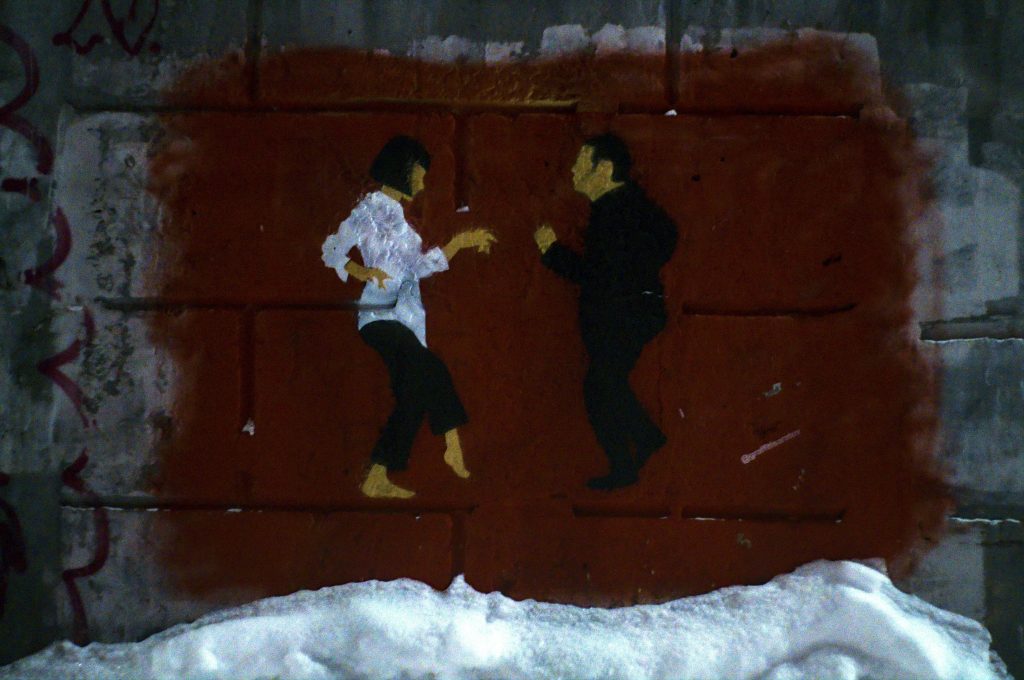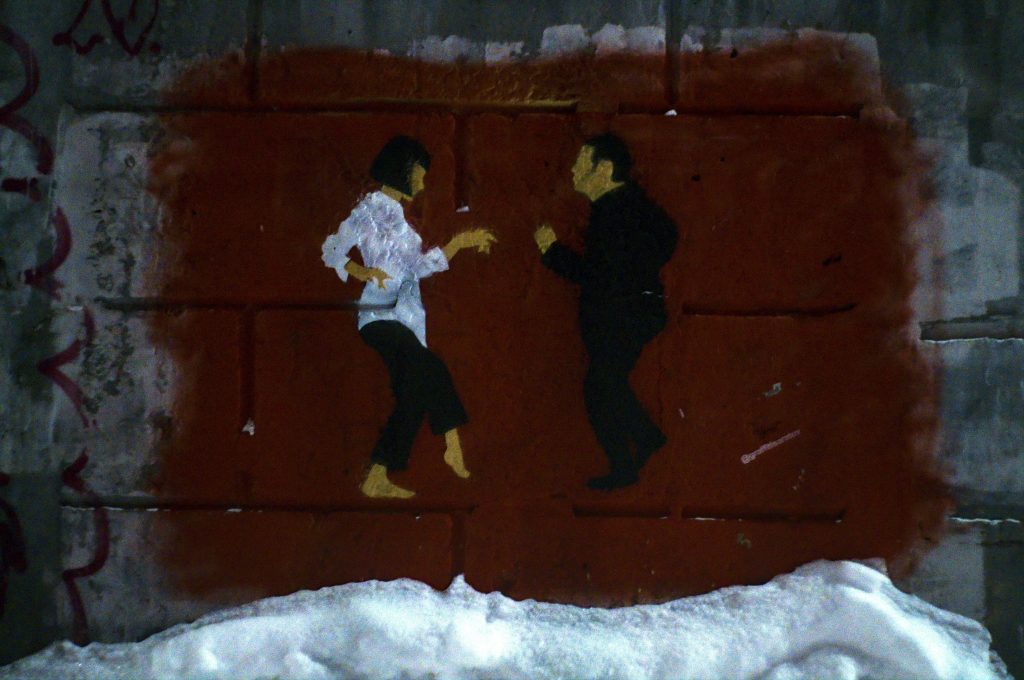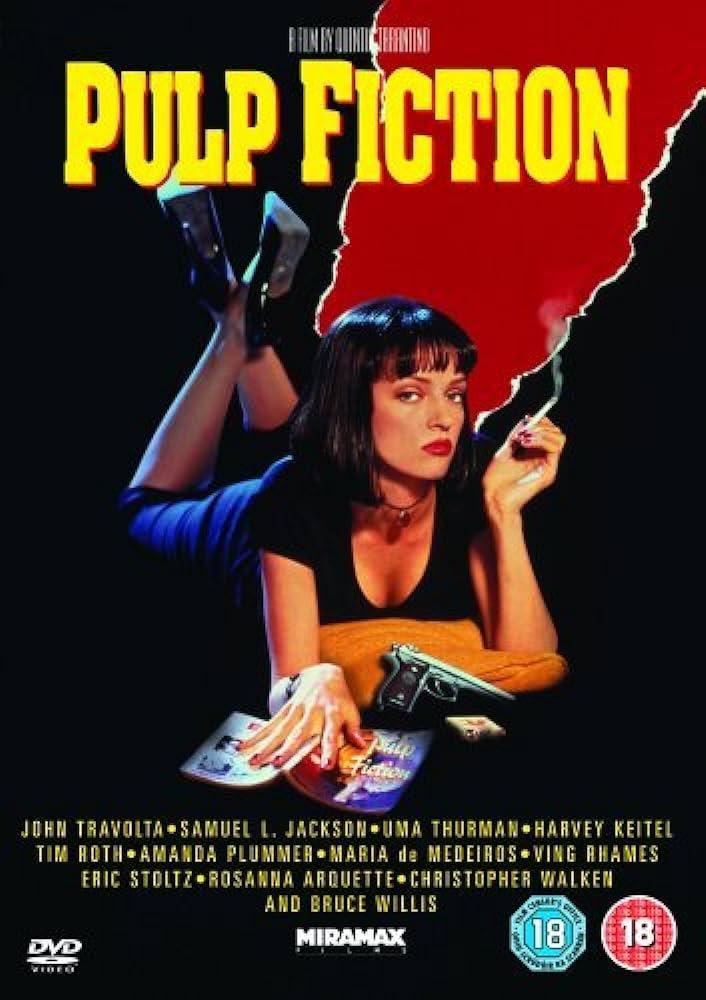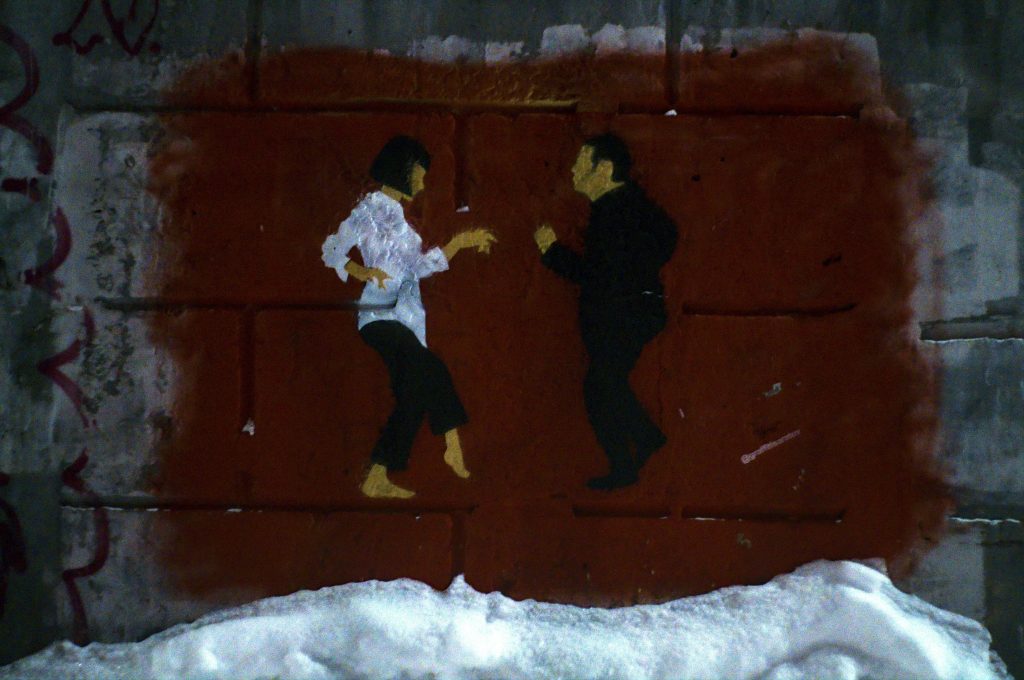Quentin Tarantino’s “Once Upon a Time in Hollywood” masterfully intertwines nostalgia with narrative innovation, serving as a vibrant homage to 1960s cinema. Through meticulous detail and character depth, it celebrates an era’s fading allure while redefining storytelling.
A comprehensive review of Pulp Fiction and its nonlinear narrative
Quentin Tarantino’s “Pulp Fiction” revolutionizes storytelling with its nonlinear narrative, weaving disparate tales into a cohesive tapestry. This structure challenges viewers, enhancing thematic depth and character development.
Django Unchained: Tarantino’s Take on the Western Genre
Quentin Tarantino’s “Django Unchained” redefines the Western genre by blending classic motifs with bold narratives on race and revenge. His signature dialogue and stylistic violence challenge traditional genre boundaries.
Is Pulp Fiction Overrated or a True Masterpiece
“Pulp Fiction” remains a polarizing film, hailed by some as a groundbreaking masterpiece and dismissed by others as overrated. Its nonlinear narrative, sharp dialogue, and cultural impact invite debate, challenging conventional storytelling norms.
How Pulp Fiction Changed the Rules of Storytelling
“Pulp Fiction” revolutionized storytelling by embracing non-linear narratives, blending genres, and prioritizing dialogue over action. Its innovative structure challenged conventional storytelling, influencing countless filmmakers and redefining cinematic language.
Should Pulp Fiction Be Considered Tarantino’s Best Work
Quentin Tarantino’s “Pulp Fiction” stands as a cinematic tour de force, weaving nonlinear storytelling with sharp dialogue and unforgettable characters. But does it truly eclipse his other masterpieces? The debate ignites, as fans weigh its legacy against Tarantino’s evolving artistry.






